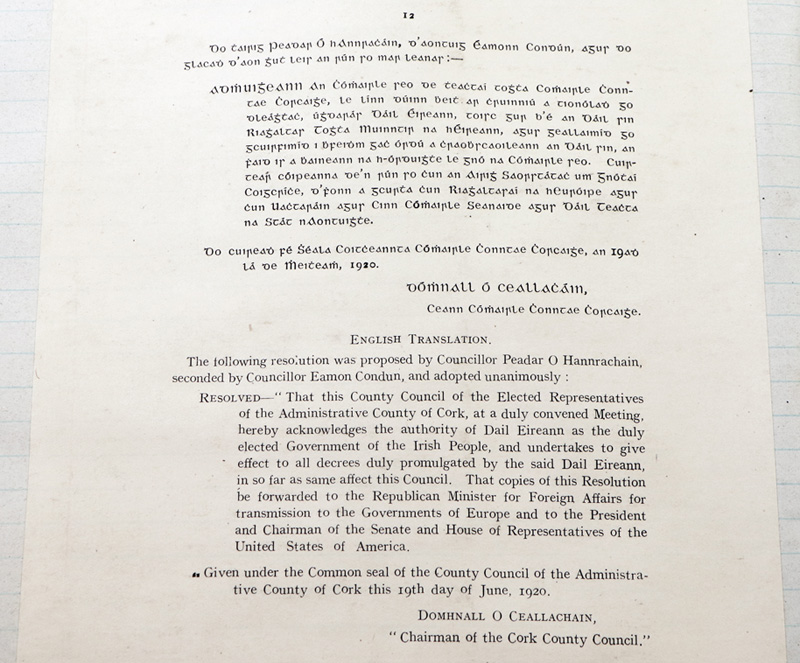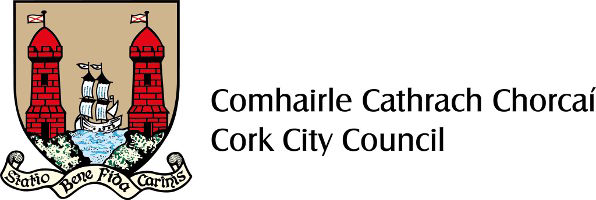Cork County Council Minute Books 1912-1921
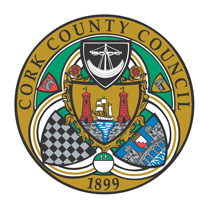
From its' institution in 1899, most of the elected members of the Council were allied to the constitutional nationalist parties, mainly those of John Redmond and William O'Brien. From 1912/3 onwards the political landscape began to shift, with the establishment of the Irish Volunteers (Óglaigh na h-Éireann), the outbreak of the First World War in 1914 and later divisive proposals for military conscription in Ireland, the 1916 Easter Rising, the 1918 general election, and, in January 1919, the establishment of Dáil Éireann and the outbreak of the War of Independence.
During the period, Cork County Council met at the Courthouse, Washington Street, Cork.
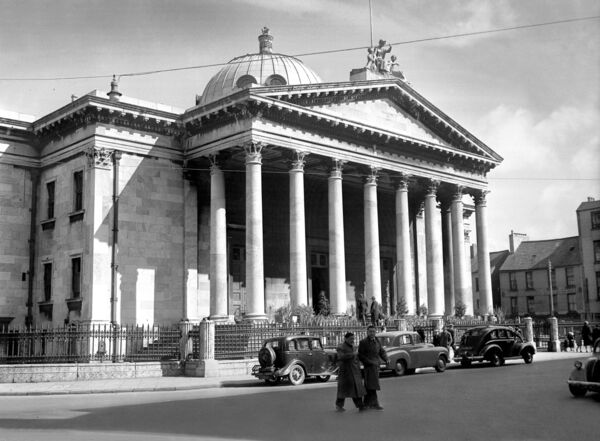
Local elections in County Cork of the period were held in 1911, 1914 and 1920. In 1918 and 1919, the electoral franchise was extended, with the local property qualification largely removed, the inclusion of women as voters, and proportional representation was also brought in. In the 1918 general election, Republicans were overwhelmingly victorious, except in some northern counties. The County Council elected in June 1920 had a majority in support of Republicans. On 19 June 1920, it was resolved to pledge the allegiance of the Council to Dáil Éireann as government of the Irish Republic. Henceforth, the Council would operate largely outside the UK system of administration. During the 1920-1922 period it was often difficult to obtain a quorum for Council meetings as many members were involved in the conflict, imprisoned, or 'on the run'. Nevertheless, as the minutes testify, the Council attempted to maintain many of its' operations and services during the revolutionary period, and, as far as possible, maintained much of the civil infrastructure and administration in the County despite widespread destruction and upheaval. The Civil War period (Jun 1922 - Apr 1923) proved divisive, and destructive, as with the rest of Ireland.
The 1912-1921 minute books record the fact that Cork County Council of the period was both a democratic forum, and an instrument of political power and influence, as part of the general national resurgence in the revolutionary period. Events in Cork resounded locally, nationally and internationally, and were key to the securing of Ireland's national independence.
Councillor William McDonald was Chairperson from 1906 until 1913, followed by William K. Barry from 1914 - 1917, William R. Kent from 1918-1919 and Donal Óg O'Callaghan from June 1920 to June 1925. O'Callaghan did not attend a meeting from May 1922 on, and his work was undertaken by Vice -Chairman Cllr. Joseph Barrett until June 1925.
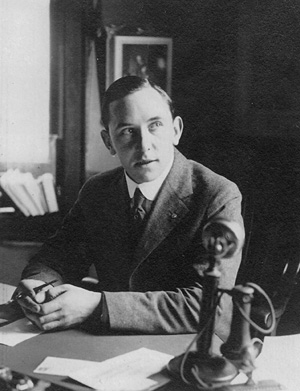
The principal officer of the Council in the period was Eugene Callanan, County Secretary from Dec 1904 until Jul 1931.
Source : 'The First Hundred Years 1899 - 1999' by Edward J. Marnane, Pub. Cork County Council (1999)
Cork County Council Minutes 29 Nov 1911 – 1 May 1913
Cork County Council Minutes 1 May 1913 - 5 Nov 1914
Cork County Council Minutes 2 Dec 1914 - 29 Feb 1916
Cork County Council Minutes 29 Feb 1916 - 5 May 1917
Cork County Council Minutes 31 May 1917 - 12 Sep 1918
Cork County Council Minutes 5 Dec 1918 - 26 Feb 1920
Cork County Council Minutes 26 Feb 1920 - 3 Feb 1921
Note 1: There may be some gaps in the minute books. The proceedings of the Council are also recorded in newspapers such as the Cork Examiner and Southern Star.
Note 2: There are no County Council minute books extant for the period Mar 1921 to Nov 1924. Some draft/rough minutes for the period occur in a number of Council files with other documentation, including letters read at meetings. Normally, the minutes from these files would have been extracted, agreed, typed, printed and signed, would have been entered into a bound volume as the official signed minutes. It is not known whether the volume for this period was ever created. No draft/rough minutes are present for June-July 1921. 5 boxes of files, covering the period from March 1921 to November 1926 are present. These are available to view in hard copy by appointment. (Reference CC-CO-M-011).
The digitisation of the Council minute books was funded by the Local Government Management Agency as a nationwide Decade of Centenaries project.
